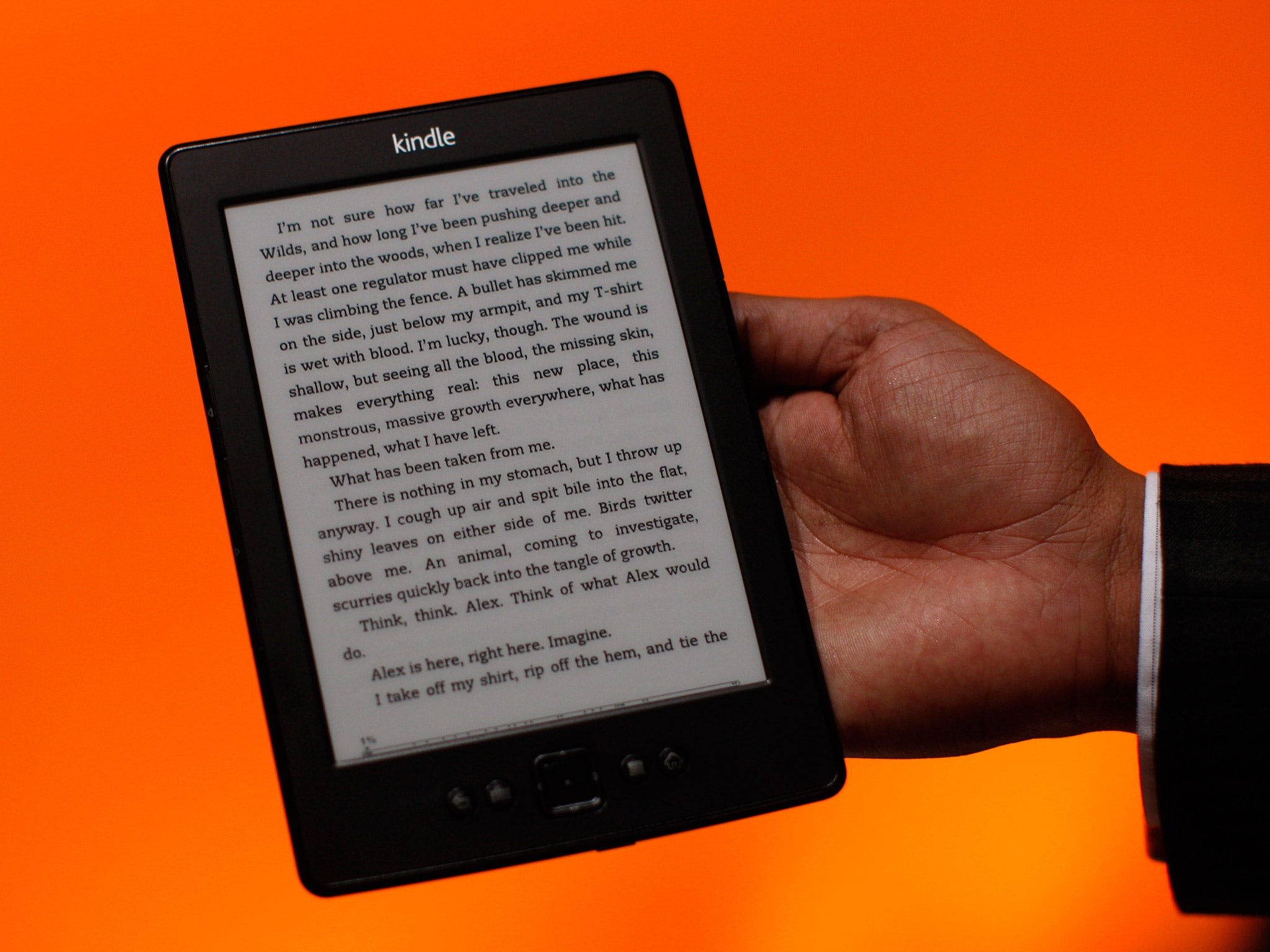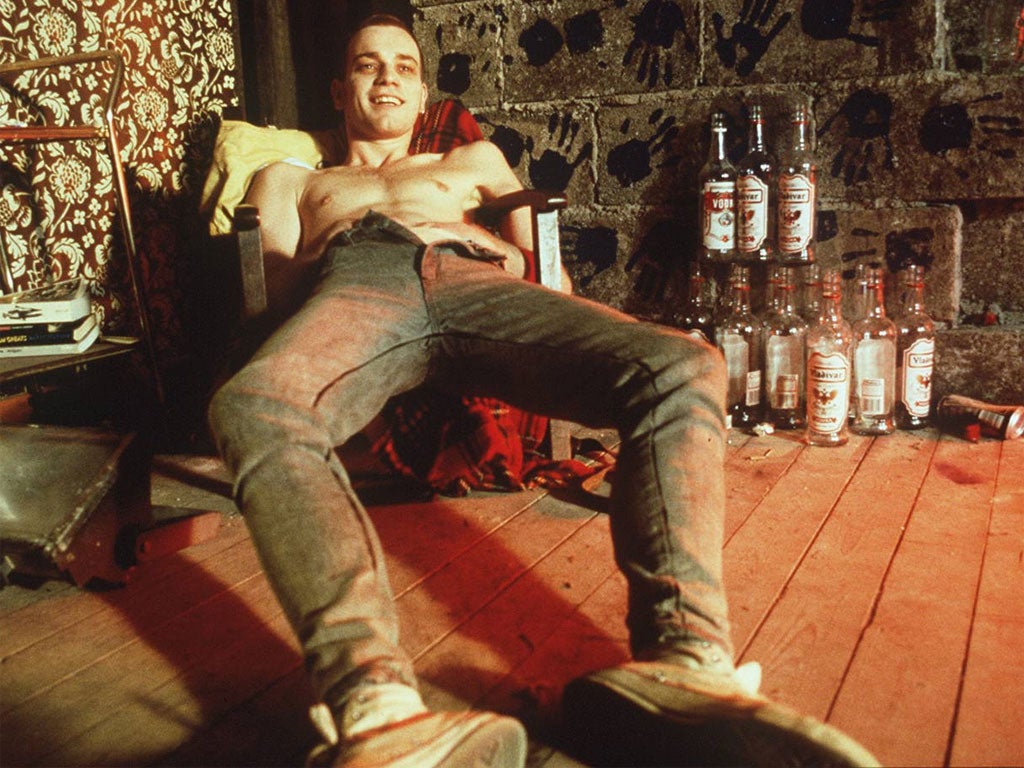Clean Reader: New app will 'clean up' bad language in e-books
Some critics have claimed the ‘polite’ replacements might render books harder to understand

Lady Chatterley’s Lover and Trainspotting may never be read in quite the same way again. To the fury of authors, a new app has been introduced for e-books that can cover up the rude words in electronic versions of novels and offer a “politer” alternative.
Promising to let users “read books, not profanity”, the Clean Reader app allows you to decide how prim you wish to be, from fully rude with the app turned off, through to “clean”, “cleaner” and even “squeaky clean”.
‘Rude’ words are blanked out and readers can click on the space to get a sanitised alternative.
With the app on “squeaky clean” mode, you can read Lady Chatterley’s Lover as the prosecution intended in 1960 when it tried and failed to have Penguin Books prosecuted for obscenity for publishing the unexpurgated version of the D H Lawrence classic.
The 30 “fuck” or “fuckings”, as dutifully counted by a clerk in the Director of Public Prosecutions’ office, become “freak” or “freakings”, and the 14 “cunts” become “bottoms”.
Some critics have, however, claimed the ‘polite’ replacements might render books harder to understand.

The “squeaky clean” version of Ian McEwan’s Atonement, for example, might leave readers confused by a crucial plot twist in which young Briony Tallis is so shocked by a letter written by Robbie Turner that she considers him capable of rape. Why, squeaky clean readers might wonder, would anyone be so shocked by a man writing: “In your dreams I kiss your bottom, your sweet wet bottom”?
The app, devised by Idaho couple Jared and Kirsten Maughan after their daughter was made “a little sad” by swearwords in a book, was last night attracting the condemnation of a growing number of authors.
Joanne Harris, the writer of Chocolat, wrote a blog entitled “Saying ‘Fuck You’ to Clean Reader”, arguing: “The fact is that these ‘acceptable alternatives’ are all taken from modern American slang, and not only do some of them make no sense in the context of English literature, they are likely to be far more intrusive (and potentially, more offensive) than the word they are meant to replace.”
Her main worry about the app, she added, was “One of censorship.”
She wrote: “To tamper with what is written – however much we may dislike certain words and phrases – is to embrace censorship. It starts with blanking out a few words. It goes on to drape table legs and stick fig leaves onto statues. It progresses to denouncing gay or Jewish artists as “degenerate”. It ends with burning libraries and erasing whole civilizations from history.”
She was backed by Robert Harris, the author of Fatherland, who told The Independent: “I certainly wouldn’t want any of my books filtered in such a way. This is the thin end of a very big, dangerous and unpleasant wedge. It starts with bad words and ends with political views.”
He added: “I don’t use swearwords lightly in my books. It’s done for a reason. This app does not sound appealing in any way.”
Jilly Cooper, author of such racy novels as Riders, said: “I would hate for someone to remove all the swearwords in my books – they would lose their pulse. And become very short books.”
Despite using 21st Century technology, Ms Cooper added, the app recalled previous attempts to ‘clean up’ literature – like those of Thomas Bowdler, who gave his name to the verb ‘to bowdlerise’ thanks to his 19th Century Family Shakespeare.
“This app is ridiculously prudish, but hysterical at the same time,” said Ms Cooper. “It reminds me of how as schoolgirls we used to giggle at Mr Bowdler’s Shakespeare, in which he changed ‘she played the strumpet in my bed’ to ‘she played the trumpet in my bed.’”
Mr Maughan insisted, however, that no censorship was involved. He told the Daily Telegraph: “We do not sell books that have been censored in any way. This feature can be turned OFF at any time and the reader can consume the book exactly as it was written by the author. Clean Reader does not remove any words from a book. The app simply has a feature that allows it to put an opaque “highlight” over specific words if the reader desires.”
The crime novelist Ian Rankin was, at least, willing to see the funny side.
“I’ve just installed Dirty Reader,” he tweeted, “and it has done wonders for the Miss Marple books.”
Join our commenting forum
Join thought-provoking conversations, follow other Independent readers and see their replies
Comments
Bookmark popover
Removed from bookmarks